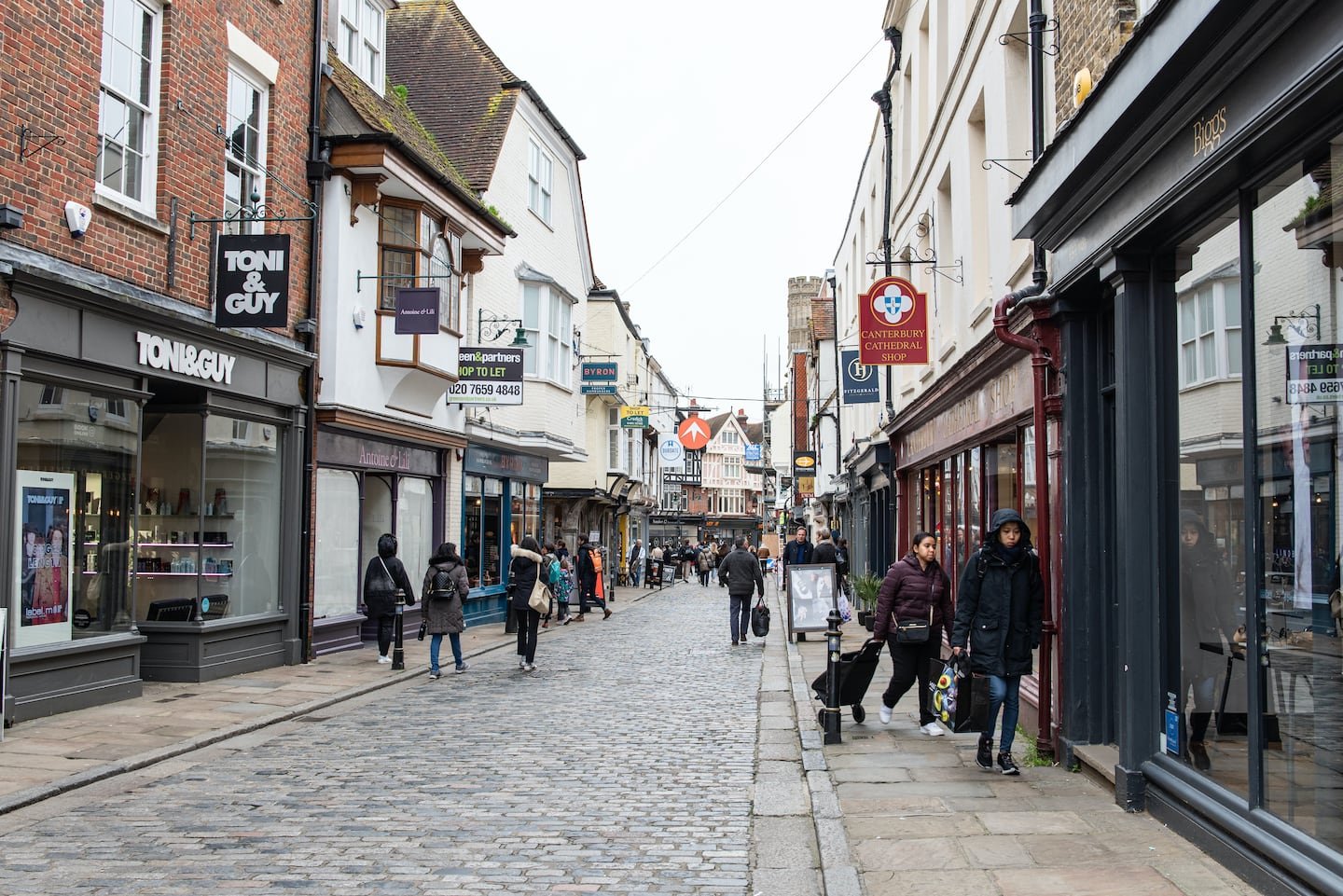
The Business of Fashion
Agenda-setting intelligence, analysis and advice for the global fashion community.

Agenda-setting intelligence, analysis and advice for the global fashion community.

LONDON, United Kingdom — Chancellor of the Exchequer Rishi Sunak scrapped business rates for small firms in an "exceptional step" to help them deal with the disruption caused by the outbreak of coronavirus.
The announcement came hours after the Bank of England cut interest rates, saying it had acted after seeing a "sharp fall" in trading conditions in the last week, particularly in the retail sector and anything driven by discretionary spending.
Business rates, a particular burden for retailers, are taxes to help pay for local services, charged on most commercial properties. They are currently calculated according to the value of a property and have an annual inflationary uplift, or multiplier.
"Our (party political) manifesto promised that for shops, cinemas, restaurants, and music venues with a rateable value of less than £51,000 ($65,943) we would increase their business rates retail discount to 50 percent," Sunak told parliament as he delivered the annual budget.
ADVERTISEMENT
"Today I can go further and take the exceptional step for this coming year of abolishing their business rates altogether."
Britain's retail sector has for years complained that the current business rates system was unfair and needed reform.
Lobby group, the British Retail Consortium (BRC), points out that the industry is the largest private sector employer in Britain, employing about 3 million people. While it accounts for 5 percent of the UK economy, it is burdened with 10 percent of all business taxes, and 25 percent of business rates.
The BRC argues this disparity is damaging Britain's high streets and harming the communities they support.
By Andrew MacAskill and James Davey; editor: Kate Holton
As the German sportswear giant taps surging demand for its Samba and Gazelle sneakers, it’s also taking steps to spread its bets ahead of peak interest.
A profitable, multi-trillion dollar fashion industry populated with brands that generate minimal economic and environmental waste is within our reach, argues Lawrence Lenihan.
RFID technology has made self-checkout far more efficient than traditional scanning kiosks at retailers like Zara and Uniqlo, but the industry at large hesitates to fully embrace the innovation over concerns of theft and customer engagement.
The company has continued to struggle with growing “at scale” and issued a warning in February that revenue may not start increasing again until the fourth quarter.